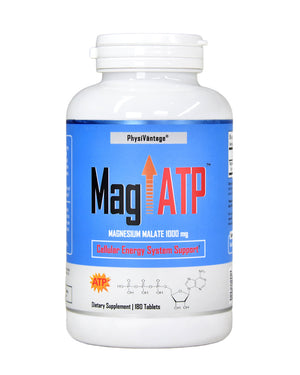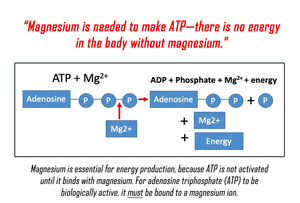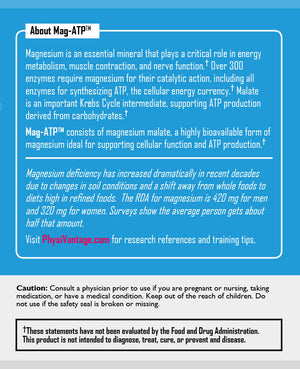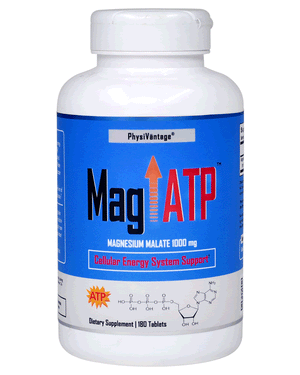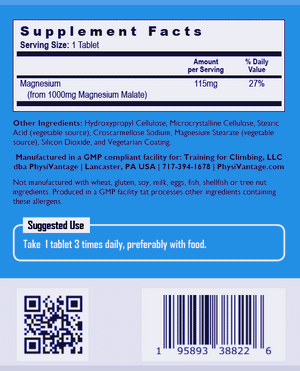I just started using collagen, so I need to wait a few months to give an appropriate assessment. I am using it before both climbing and training.
I live in a hot and dry climate, so hydrating well is crucial! FLOW has helped me feel more energetic and less lightheaded/lethargic during my climbing and training.
Tastes great with my morning coffee and makes my fingers feel stronger!
I’ve been using the supplements for about 2 weeks and feel better especially in my recovery times after hard workouts.
Weapons-Grade Whey® Protein Complex for Strength Gains and Recovery (2 lbs)








